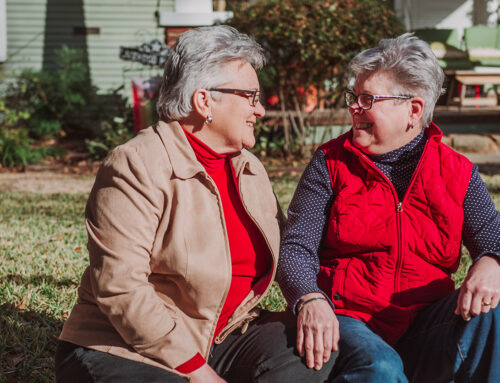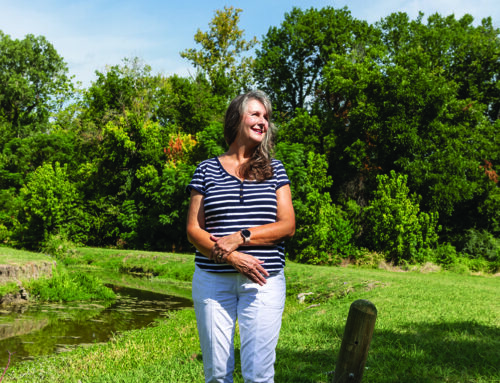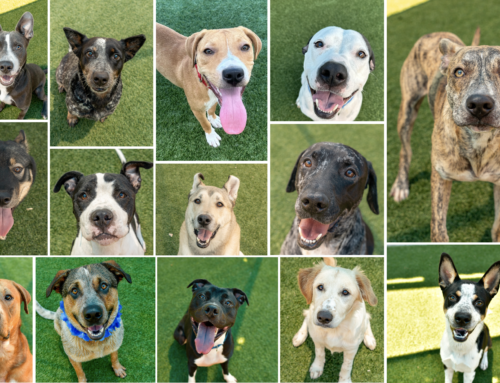Neighborhood resident Brian Varker’s old dog didn’t respond to his commands, no matter how loud Varker yelled.
The dog wasn’t hard-of-hearing. It just didn’t understand English. Speak in German, though, and the dog would come running, Varker says.
His new dog doesn’t understand English, either. Yet, he is “fluent” in Czechoslovak.
No, Varker doesn’t have unusually bad luck at the pet store.
Varker’s in charge of the Dallas Police Department’s Canine Unit, and it’s no accident that many of the unit’s dogs don’t understand English, Varker says. The best canines in the world grow up in Europe, he says.
Varker is a third-generation neighborhood resident and was a patrol officer for Southeast Division for more than seven years prior to joining the canine squad.
“We’re required to live inside the City limits for canine. Even if they lifted that requirement, I would still be right here,” Varker says.
His job involves overseeing 11 canine units (one dog in each unit), and he also is chief head-hunter for the German shepherd recruits.
That’s no small feat when you consider the police department pays $5,000-$10,000 for each dog, depending on its training, background and potential.
“One in 15 dogs will make the police force,” Varker says.
Consequently, the cream of the crop is coming from Europe already trained by Europeans, raising a small problem for our Texas police.
“It’s easier for us to learn their language than retrain the dogs,” Varker says.
The dog trainers send language tapes along with the dogs to ease the transition, Varker says.
Each dog lives with his or her handler (the patrol officer) but belongs to the City, Varker says.
Varker’s first dog, named Arry, was from Germany. Arry passed away last year after six years with Varker.
He says his main problem with the language barrier occurred when his new dog, Enno, arrived from Czechoslovakia last year.
“The problem was I was so used to speaking German,” says Varker, who received the 90 pound puppy in December.
“It takes about a year for a dog and its handler to be able to work together,” Varker says.
The reason for all of this trouble is simple, Varker says.
“It’s hard to find a quality dog in the U.S. – period,” says Varker, who blames in-breeding in the United States.
In-breeding occurs when dogs with similar blood are bred; sometimes, the offspring have genetic problems, particularly hip dysplasia in larger dogs, Varker says.
Hip dysplasia is when the dog’s hip doesn’t fit in its socket, a common phenomena among larger dogs, ultimately leading to the onset of early arthritis.
Both of Varker’s dogs were trained to detect explosives (up to 14 different kinds) and human scents during building searches.
The dogs are trained to attack on command, but they are also bred to have a mild temperament, Varker says, making them loving pets.
“They’re like a light switch: You can turn them on and turn them off,” says Varker, whose dog goes to schools, churches and fairs to demonstrate its skills.
One of Varker’s job perks is meeting high-profile public figures visiting Dallas. The canine department searches the hotels and buildings the dignitaries will visit, Varker says.
Among the celebrities he has met are former President Bush, President Clinton, Queen Elizabeth and Dan Quayle.
Varker says he enjoys working with German shepherds for a living, especially since he has had one since he was 10 years old.
“My favorite thing in patrol was to catch burglars,” Varker says. “Now, it’s the best of both worlds, I get to work with dogs and catch burglars.”





